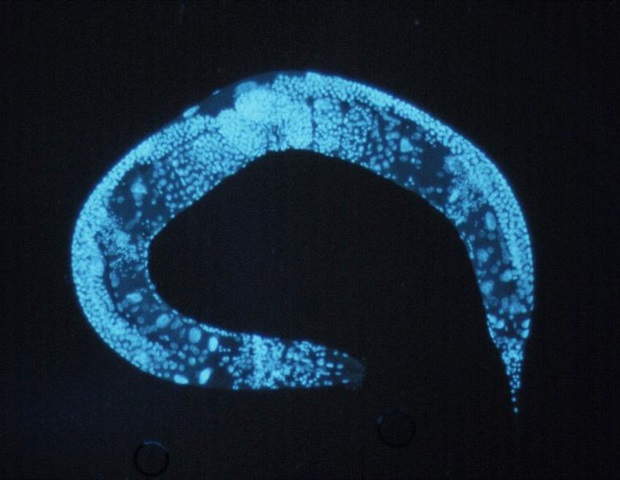Why do some people live for longer than others? The genes in our DNA sequence are important, helping avoid disease or maintain general health, but differences in our genome sequence alone explain less than 30% of the natural variance of human life expectancy. Exploring how ageing is influenced at the molecular level could shed light on lifespan variation, but generating data at the speed, scale and quality necessary to study this in humans is unfeasible. Instead, researchers turn to worms ( Caenorhabditis elegans) .
Humans share a lot of biology with these small creatures, who also have a large, natural variation in lifespan. Researchers at the Centre for Genomic Regulation (CRG) observed thousands of genetically identical worms living in a controlled environment. Even when diet, temperature and exposure to predators and pathogens are the same for all worms, many individuals continue to live for a longer or shorter period of time than the average.

The study traced the primary source of this variation to changes in the mRNA content in germline cells (those involved in reproduction) and somatic cells (the cells forming the body). The mRNA balance between the two types of cells is disrupted, or 'decouples', over time, causing ageing to run faster in some individuals than others. The findings are published today in the journal Cell .
The study also found that the magnitude and speed of the decoupling process is influenced by a group of at least 40 different genes. These genes pla.























